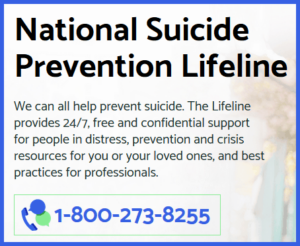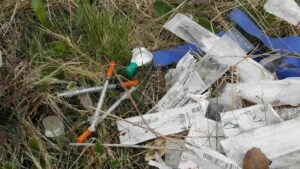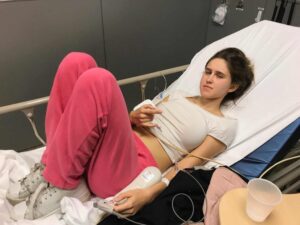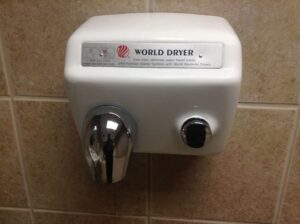As a hazardous waste and trauma cleanup company, one of the most challenging aspects of our work is helping people deal with and recover from the aftermath of a suicide. Frankly, we wish our services and our crisis counselors weren’t required under these circumstances. September is Suicide Prevention Awareness Month, and the goal is to change the conversation from focusing on suicide to focusing on prevention instead.
 It seems that recently there have been quite a few cases of celebrities taking their own lives, and the news has been full of reports, both of the incidents as well as the effects on the families and friends. With this post it’s our goal to start shifting the conversation to how do we prevent these tragedies?
It seems that recently there have been quite a few cases of celebrities taking their own lives, and the news has been full of reports, both of the incidents as well as the effects on the families and friends. With this post it’s our goal to start shifting the conversation to how do we prevent these tragedies?
Talking about it openly is one of the best ways to start. And we’re partnering with the National Suicide Prevention Lifeline organization to get the word out. The first step is to get the word out – that each one of us can help in preventing another self-inflicted death. The hashtag, #BeThe1To, can get that conversation moving. Be the one to what? There are a number of things that go along with this hashtag, but these are the first two:
- #BeThe1toAsk: Don’t be afraid to ask someone close to you if they’re struggling, because simply asking in a way that’s caring can prevent someone from taking that fatal step. Studies show that when a person who is considering suicide talks about it with someone who is genuinely interested in them, it can actually avert it.
- #BeThe1toKeepThemSafe: The next step is to check your home for things that might be lethal. Often removing the means or making it inaccessible is sufficient prevention.
To find out more about what you can do, visit the website for the National Suicide Prevention Lifeline. They also have resources available. And please share this phone number – it just might save a person’s life. We’ve got plenty of other cleanup work to do – we wouldn’t mind a lot less of this kind.

 As if the threats posed by IV drug use in homeless encampments in the Seattle area aren’t bad enough,
As if the threats posed by IV drug use in homeless encampments in the Seattle area aren’t bad enough, 
 The reason? They’re convenient, and in the long run they are less expensive. There are no paper towels to continually restock, there is no trash to dispose of, and restroom cleanup is simplified – no loose paper towels everywhere to be picked up.
The reason? They’re convenient, and in the long run they are less expensive. There are no paper towels to continually restock, there is no trash to dispose of, and restroom cleanup is simplified – no loose paper towels everywhere to be picked up.

